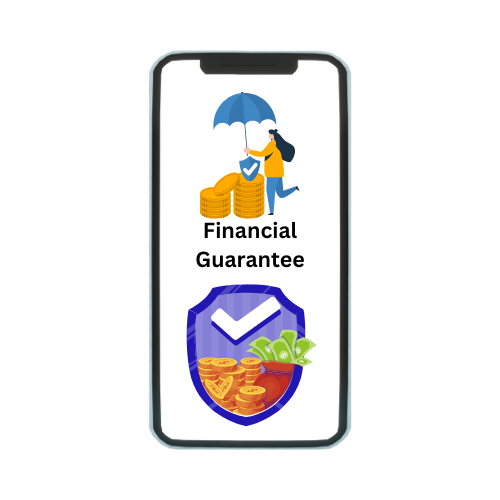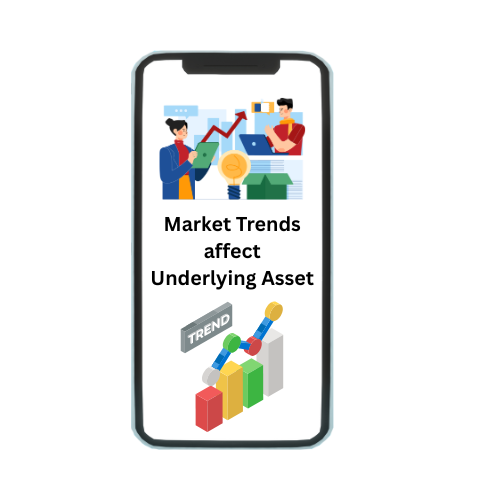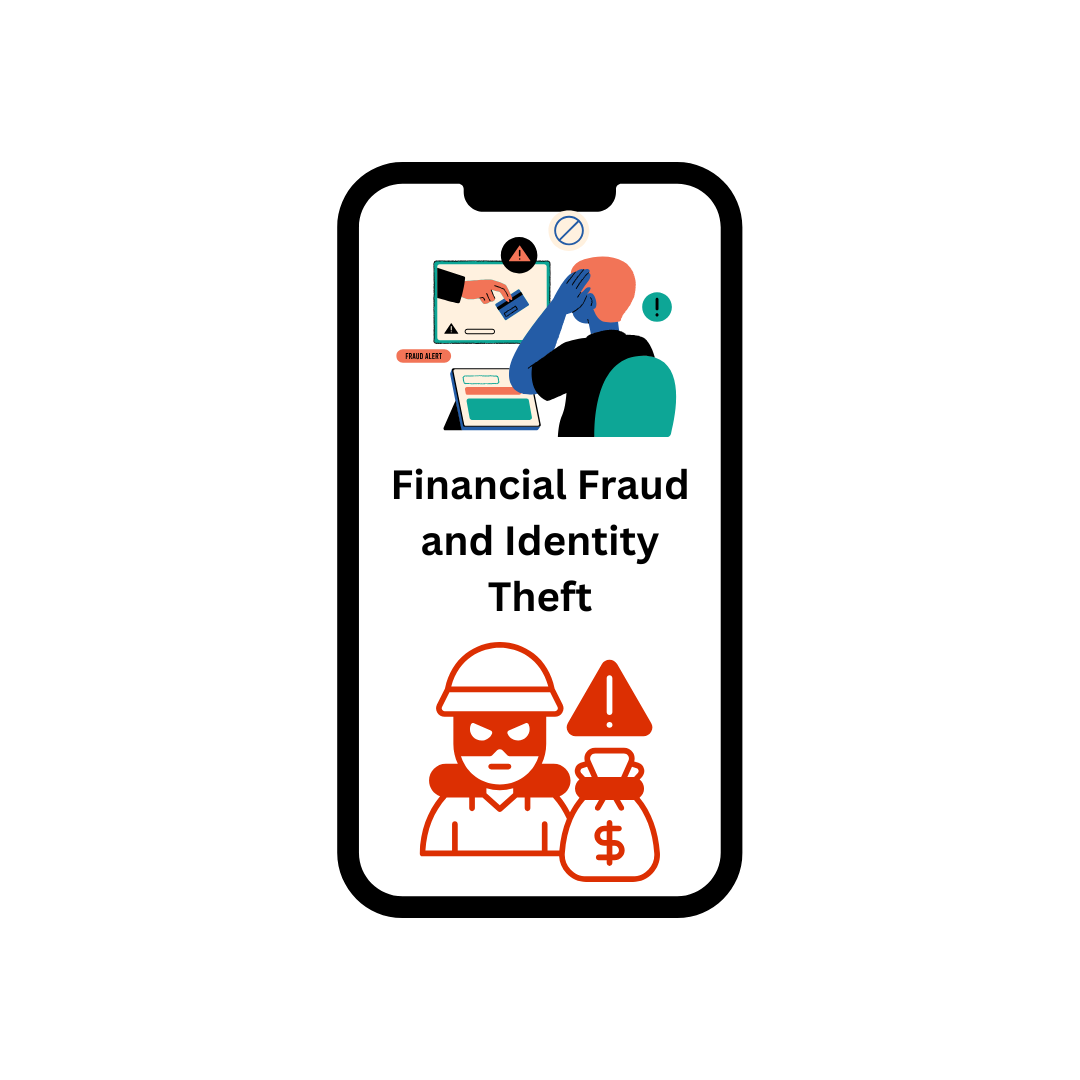As we step into 2025, it’s the perfect time to take control of your finances and set the stage for a prosperous future. With the right strategies, you can achieve greater financial stability, reduce debt, and build Money. In this guide, we’ll explore five simple yet impactful steps to improve your financial health. Whether you’re looking to save more, invest wisely, or manage your expenses better, these actionable tips will help you make smart financial decisions and pave the way for a brighter financial future.
Here are five Money Saving Tips to boost your financial health in 2025:

Create a Comprehensive Budget
Why It Matters: A budget helps you understand where your money is going and allows you to make informed decisions about your spending and saving.
How to Do It:
- Track Your Income and Expenses: Record all sources of income and categorize your expenses (e.g., housing, utilities, groceries, entertainment).
- Set Spending Limits: Establish spending limits for each category based on your priorities and financial goals.
- Adjust and Monitor: Regularly review and adjust your budget to stay on track. Use budgeting apps like Mint or YNAB to simplify the process.
Benefits:
- Financial Awareness: Gain a clear picture of your financial situation.
- Control Over Spending: Make conscious decisions about where to cut back and where to invest more.
- Goal Achievement: Allocate funds towards your financial goals, such as paying off debt or saving for a vacation.
Build an Emergency Fund
Why It Matters: An emergency fund provides a financial cushion to cover unexpected expenses, such as medical bills, car repairs, or job loss.
How to Do It:
- Set a Target Amount: Aim to save at least 3-6 months’ worth of living expenses.
- Automate Savings: Set up automatic transfers to a dedicated savings account to ensure consistent contributions.
- Start Small: Begin with a manageable amount and gradually increase your savings over time.
Benefits:
- Peace of Mind: Reduce stress knowing you have a financial safety net.
- Financial Stability: Avoid going into debt to cover unexpected costs.
- Flexibility: Handle emergencies without disrupting your long-term financial goals.
Pay Down High-Interest Debt
Why It Matters: High-interest debt, such as credit card balances, can drain your finances and hinder your ability to save and invest.
How to Do It:
- Prioritize Debt Repayment: Focus on paying off high-interest debts first to minimize interest costs.
- Use the Debt Avalanche Method: Pay off debts with the highest interest rates first, while making minimum payments on others.
- Consider Debt Consolidation: If you have multiple debts, consider consolidating them into a single loan with a lower interest rate.
Benefits:
- Interest Savings: Reduce the amount you pay in interest over time.
- Improved Credit Score: Lower debt levels can positively impact your credit score.
- Financial Freedom: Free up funds for saving and investing once debts are paid off.
Invest for the Future
Why It Matters: Investing allows your money to grow over time, helping you build wealth and achieve long-term financial goals.
How to Do It:
- Start Early: Begin investing as soon as possible to take advantage of compound interest.
- Diversify Your Portfolio: Spread your investments across different asset classes (stocks, bonds, real estate) to reduce risk.
- Use Tax-Advantaged Accounts: Contribute to retirement accounts such as the Public Provident Fund (PPF), National Pension System (NPS), or Equity-Linked Savings Schemes (ELSS) for tax benefits.
Benefits:
- Wealth Accumulation: Grow your wealth over time through capital appreciation and dividends.
- Retirement Security: Build a substantial retirement corpus to ensure a comfortable retirement.
- Financial Goals: Achieve long-term goals, such as buying a home or funding your child’s education.
Educate Yourself About Personal Finance
Why It Matters: Financial literacy empowers you to make informed decisions, avoid common pitfalls, and achieve your financial goals.
How to Do It:
- Read Books and Articles: Start with popular personal finance books like “Rich Dad Poor Dad” by Robert Kiyosaki or “The Total Money Makeover” by Dave Ramsey.
- Take Online Courses: Enroll in online courses on platforms like Coursera, Udemy, or Khan Academy to learn about budgeting, investing, and retirement planning.
- Follow Financial Experts: Subscribe to newsletters, blogs, and podcasts by financial experts for ongoing education and insights.
Benefits:
- Informed Decision-Making: Make smarter financial choices based on knowledge and understanding.
- Avoid Pitfalls: Recognize and avoid common financial mistakes and scams.
- Empowerment: Gain confidence in managing your finances and achieving your goals.
Conclusion
By following these five simple steps—creating a comprehensive budget, building an emergency fund, paying down high-interest debt, investing for the future, and educating yourself about personal finance—you can improve your financial health and set yourself up for success in 2025 and beyond. Remember, the key to financial well-being is consistency and commitment to your goals. Take small, manageable steps and stay focused on your long-term vision.
Frequently Asked Questions
Set up automatic transfers to your savings account to ensure you save a portion of your income regularly.
Use unexpected windfalls to boost your emergency fund or invest in your long-term financial goals.








